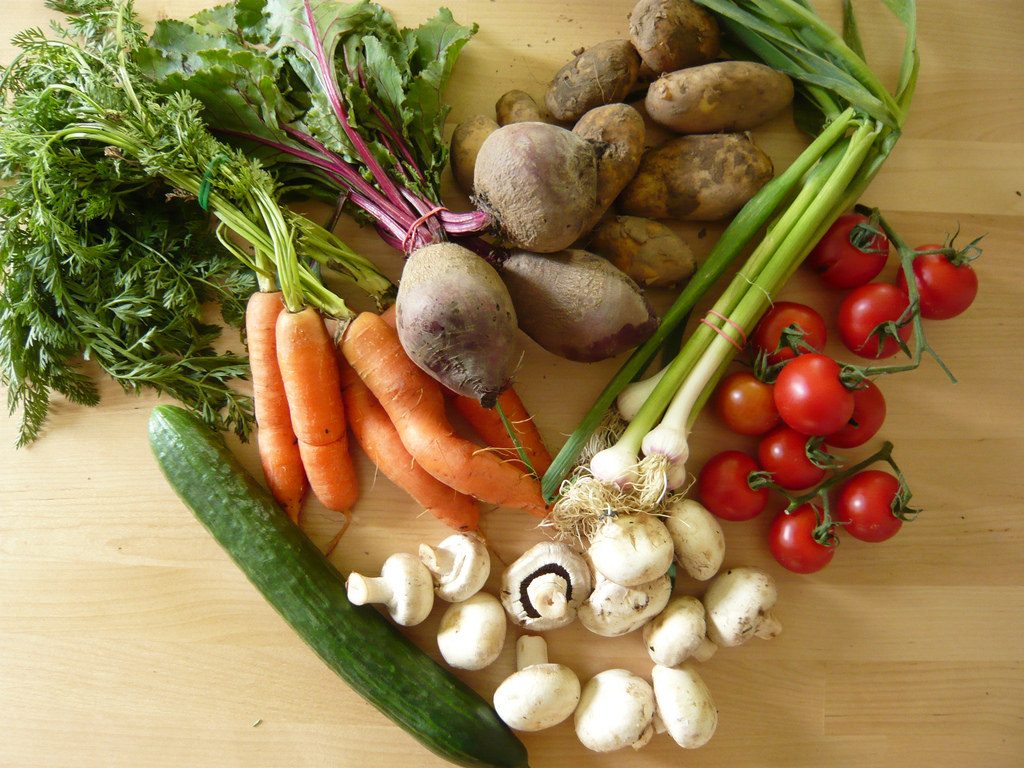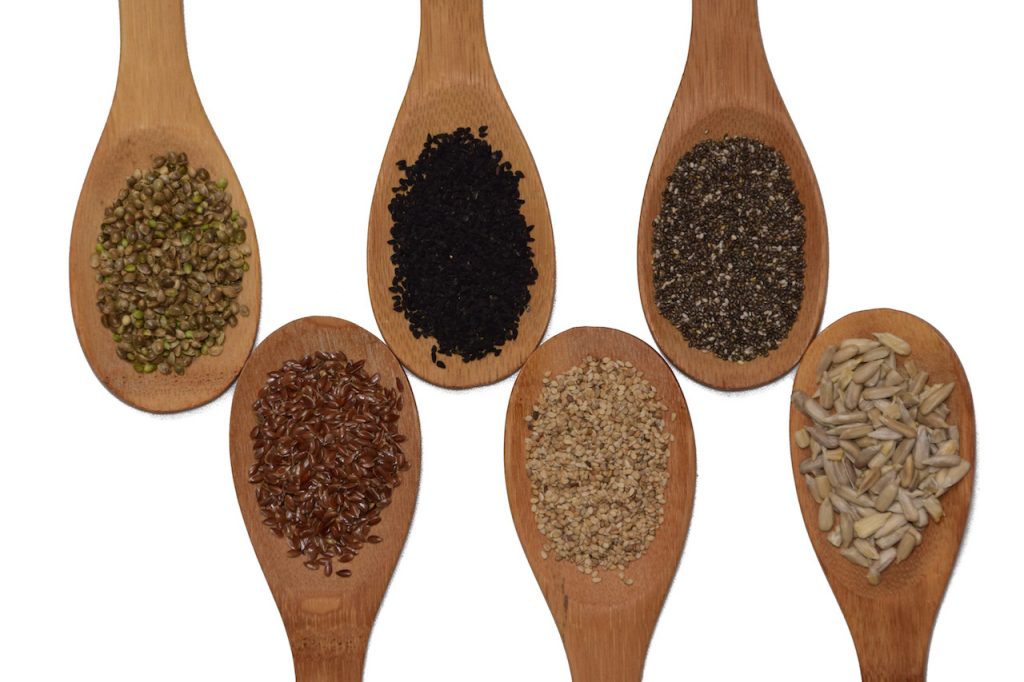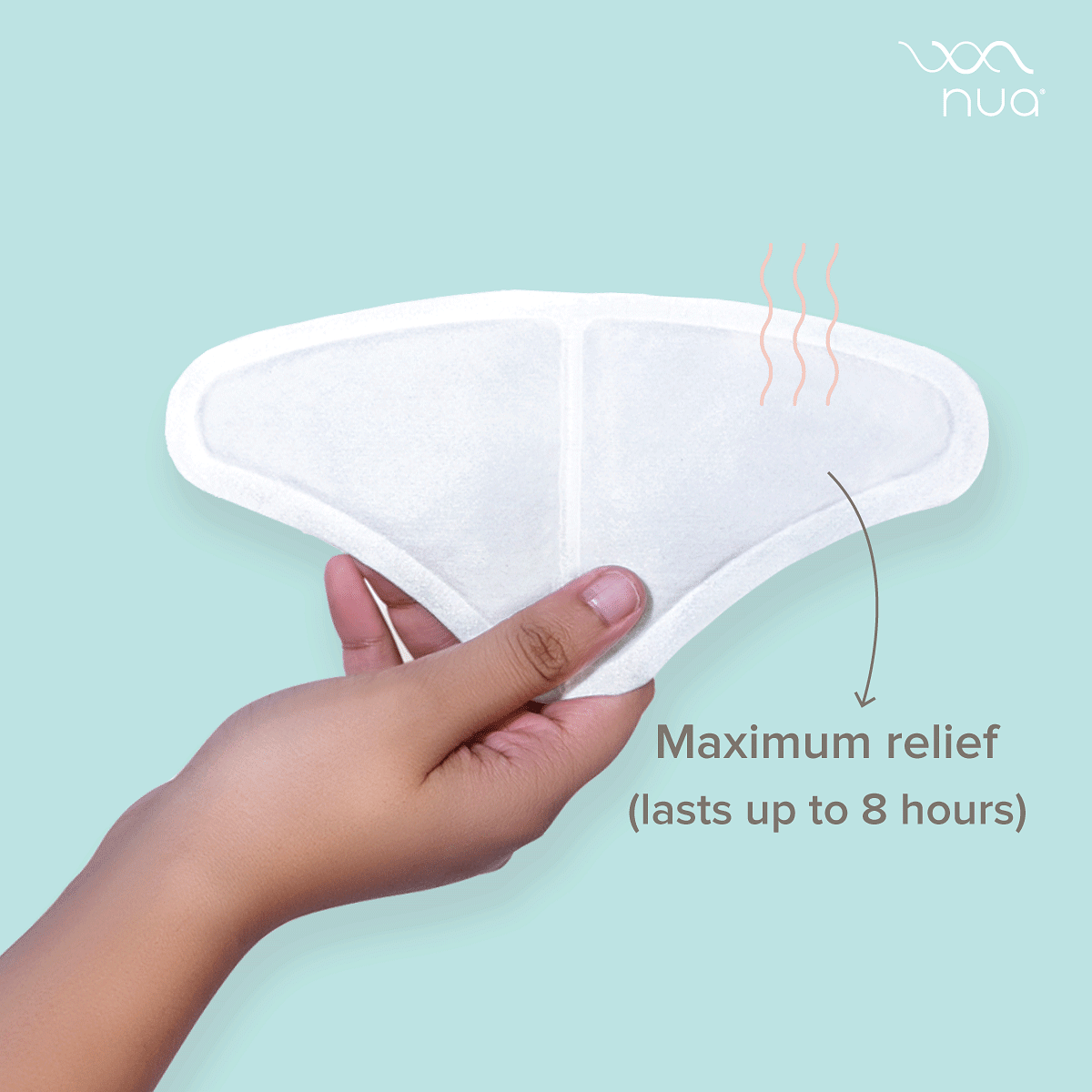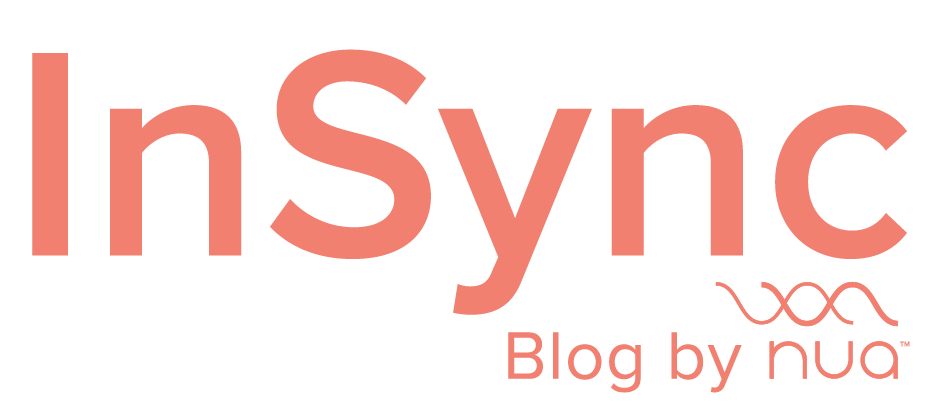The term PMS refers to the physical, mental and emotional changes that occur on days preceding the menstrual cycle. As if the worrisome days of menstruation weren’t enough they are preceded by Premenstrual Syndrome. While PMS is a useful reminder to stack up the supplies for what’s coming up, this invisible reminder can make its presence felt with period cramps, mood swings, fatigue and bloating among other things. It can vary from mild for most to severe for some.
The good news is we no longer have to suffer in silence. It is possible to alleviate the discomfort through diet and lifestyle enhancements. Understanding the symptoms is the only way to finding solutions. Tracking patterns over time can help you understand your body’s behavior and apply solutions better.
PMS Symptoms
Most common symptoms of PMS include:
- Bloating
- Abdominal Cramping
- Mood Swings and Irritability
- Appetite changes and food cravings
- Indigestion
- Lack of sleep
- Acne
- Headaches
How exercise helps to reduce PMS symptoms
The last thing you want to do with PMS is get on your feet. What you really want to do is lie down and rest, but the benefits of exercise should never be underestimated. Exercise releases endorphins or the “feel good” hormones, which boost your mood, preventing PMS mood swings and alleviate the heaviness from bloating. Bloating or fluid retention results from the release of a hormone called progesterone and a salt heavy diet. It is recommended to reduce salt intake in the week preceding the first day of the cycle. Vitamin B6 supplements with their diuretic properties can reduce bloating too. This is a good time to slip into the sweatpants and grab a mat for yoga.
Focus on diet and rest as natural ways to reduce PMS symptoms

Eating healthy is the answer to almost everything. It has no side effects. Watching what you eat before the onset of PMS matters. Remember to ramp up the intake of whole grains, fruits and vegetables a week in advance. Eating at regular intervals during the day also helps regulate sugar levels. We all love a good night’s sleep. Somewhere between those deadlines to be met and chores to be completed remember to take care of yourself during the PMS week and don’t skim on the sleep. Try to stay hydrated. Water flushes excess salt out of the body.
Foods to avoid
When you crave the carbohydrates and sodium and miss the crunch of a bag of chips, remember that sodium retains water and will not help ease the bloating. Foods with alcohol and sugar will also continue to retain water in the body. Consider passing that glass of wine. Mood swings are caused by blood sugar fluctuations so avoid candy and sugary sweets. Sadly, chocolate is also a no. It is beneficial to cut down on caffeine as well. Substitute the sugar cravings by consuming whole grains.
Foods that help

Adding seeds like chia to your diet will provide the crunch with the needed nutrition. Pumpkin seeds contain magnesium, which can ward off the headaches. The magnesium can boost serotonin levels, the feel good hormone we discussed earlier. Baked beans, minus the salt, also do just that. When it’s time to rest, grab some popcorn and indulge in your favorite show on Netflix. Add omega-3 to your diet by tossing flax seeds on your platter. Taking calcium supplements and low fat dairy is advisable. Eating fibrous foods can help relieve indigestion. Fiber also binds to the estrogen and gets it out of the body thereby maintaining hormonal balance.
Medication and home remedies

Painkillers and period pain tablets are best taken after seeking advice from a medical professional if necessary. Ibuprofen and aspirin are commonly available. Taking a hot bath or using a heat patch can help reduce the pain. Our Cramp Comfort warmly hugs your body to give you relief for 8 hours.
Clean your cell phone regularly to prevent bacteria from coming in contact with the face. Anxiety can increase stress levels. Stress in turn increases the intensity of PMS symptoms. Easing stress can significantly mitigate the PMS symptoms.
Some days you just have to create your own sunshine. Hope this helps. Choose Nua and let us send you exactly what you need and when you need it so you can have a stress-free period.
Ever wished for a life without period symptoms? That wish has now come true. Grab your pack of Uplift right here.






